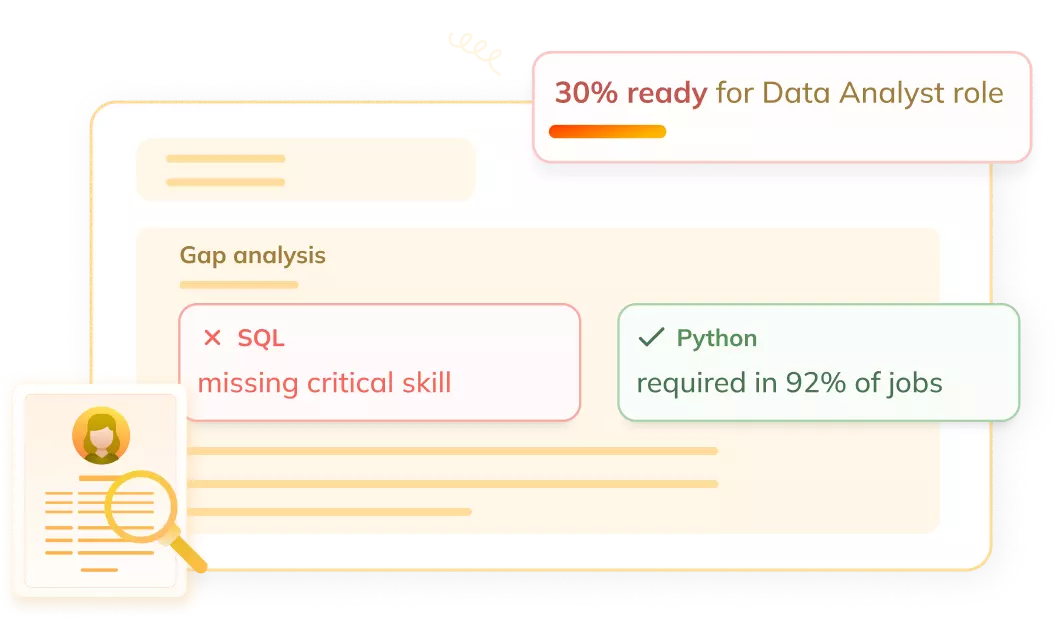Introduction
MySQL is a popular choice for managing data thanks to its robust set of tools and functionalities. Among these tools is the REGEXP operator, which allows us to match text values against patterns using regular expressions.

Let's delve into this essential aspect of MySQL and learn how to harness its capabilities.
Understanding REGEXP
What is REGEXP?
In MySQL, REGEXP is an operator that helps perform complex searches based on specific patterns. Regular expressions (regex) are powerful tools that allow you to match, locate, and manage text.
Why Use REGEXP?
REGEXP is incredibly versatile and allows you to:
Find patterns within text.
Validate the format of input data.
Extract specific portions of a text string.
Basic Syntax of REGEXP
The syntax for using the REGEXP operator is straightforward:
SELECT column1, column2,...
FROM table_name
WHERE column_name REGEXP pattern;Here, pattern is the regular expression pattern that you are matching the column data against.
Practical Application of REGEXP
Now that we have understood the syntax, let's look at a few examples.
Example 1: Finding Specific Words
Suppose we have a table 'Books' with the following data:
Book_ID Title
1 Learning MySQL
2 Advanced Java Programming
3 Python for Beginners
4 Mastering MySQL REGEXP
5 Java for Beginners


Let's find all the books with 'Beginners' in the title:
SELECT * FROM Books WHERE Title REGEXP 'Beginners';The output will be:
Book_ID Title
3 Python for Beginners
5 Java for Beginners

Example 2: Finding Any of the Specified Words
We can use the '|' operator in REGEXP to find any of the specified words. For example, to find the books which are either on 'MySQL' or 'Java':
SELECT * FROM Books WHERE Title REGEXP 'MySQL|Java';This will yield:
Book_ID Title
1 Learning MySQL
2 Advanced Java Programming
4 Mastering MySQL REGEXP
5 Java for Beginners




